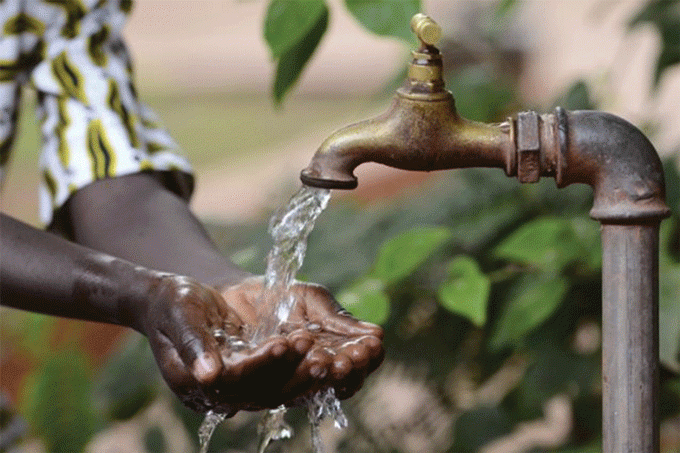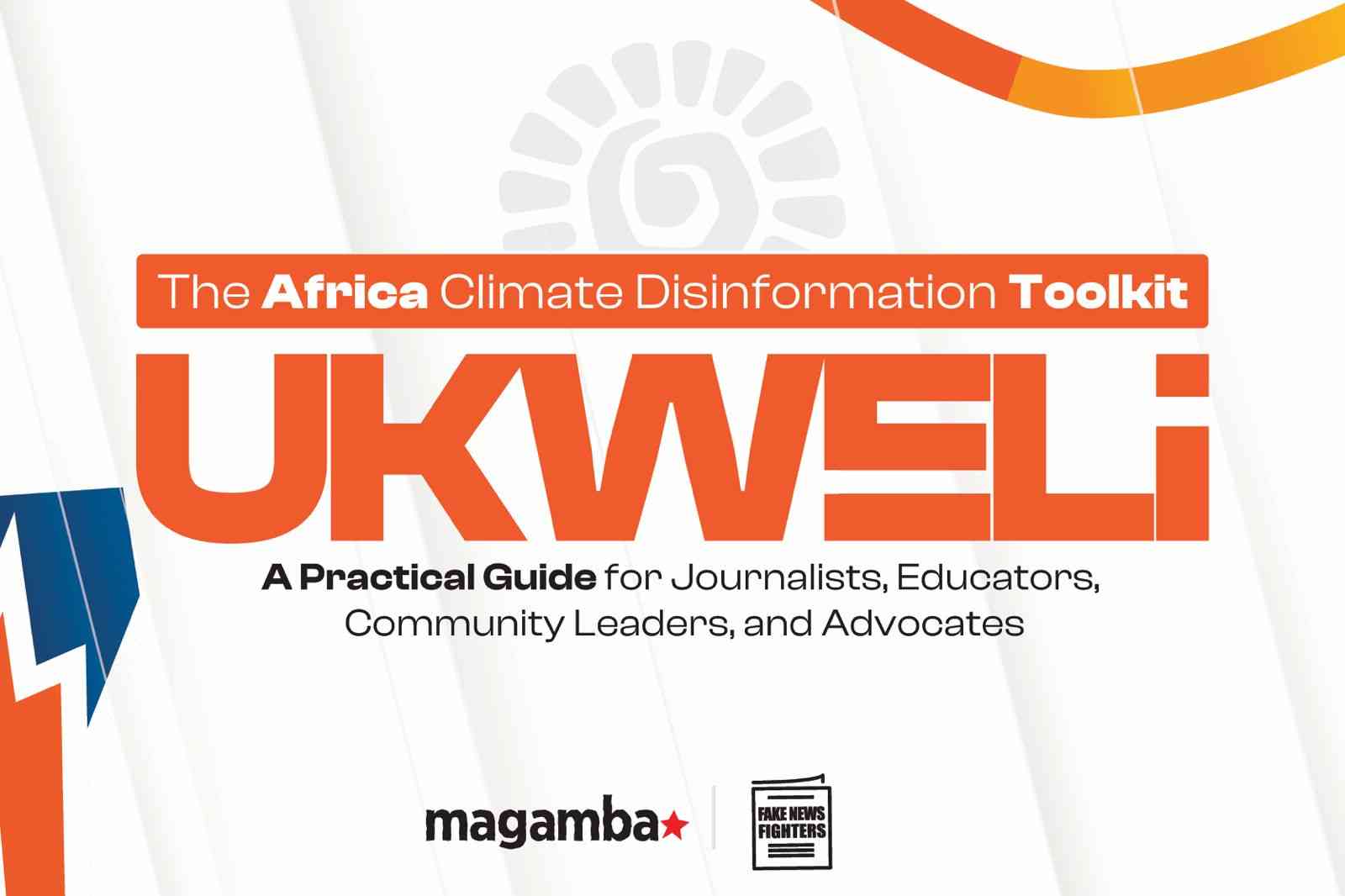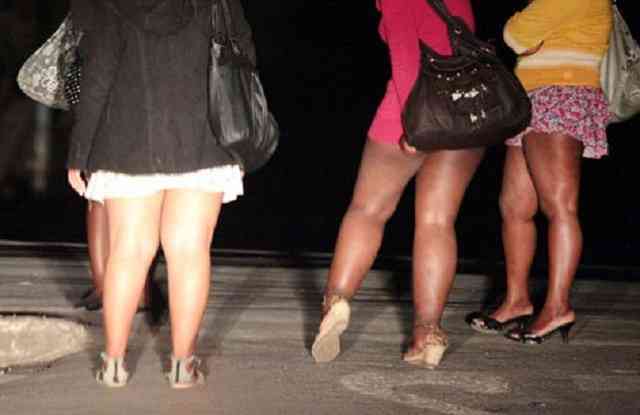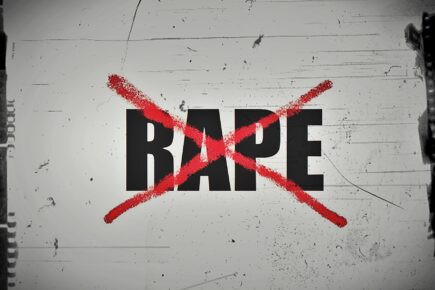
HARARE residents have called on council to prioritise the rehabilitation of the city’s water reticulation system amid reports that more than half of households go without water daily, NewsDay can report.
According to the Harare Master Plan [2025-45] Report of Study, water supply
is intermittent, with the majority of the population receiving water once a week, twice a week or thrice a week.
“There are some parts of the city, particularly in the peri-urban and north-eastern parts, which never receive water,” the report said.
However, Harare Combined Residents Association programmes manager Rueben Akili said lack of municipal water supplies had compromised household hygiene standards, resulting in perpetual waterborne disease outbreaks in the capital.
“The remaining uncovered 50% has been accessing water from public water points and seen the proliferation of private borehole drilling, which has put pressure on underground water. The level of extraction of groundwater has increased significantly and this is not sustainable, particularly given that the water table has gone down.
“On the other hand, other residents have been using open shallow wells and springs to access water, especially in wetlands, but these public water points have also seen the abuse of women and girls,” he said.
Akili said the solution to the crisis needed the council to address the issues of water pollution, especially from industrial waste and effluent.
- Water shortages hit Gutu-Mpandawana
- Feature: Model shift: Climate change forces Zim to finally take up irrigation
- Power cuts hit Karoi water supplies
- Fire destroys city flats
Keep Reading
“Water pollution has impacted water production in terms of quality and quantity. The raw water from lakes Chivero and Manyame is heavily polluted.
“So, the issue of addressing water pollution should be on the agenda of the local authority. We are also told that there are companies that do not have pre-treatment facilities for wastewater disposal. These companies should comply with environmental regulations.
“Lastly, there is a need for more water sources and effective management of the catchment area, including protection of wetlands which provide ecological services for free, such as water storage, purification and recharge.”
Harare Residents Trust executive director Precious Shumba said there was no need for council to look for alternative sources of water before rehabilitating the water system.
“Currently, the City of Harare loses 60% of treated water through leakages and illegal connections along the distribution network. Before finding an alternative water source for Harare, the Harare Residents' Trust recommends the immediate replacement of underground water pipes to increase the quantity of water reaching households connected to the water distribution network,” he said.
“The current quantities of water being treated are significant to make a difference among the residents of Harare, Norton, Inkomo Barracks, Chitungwiza, Epworth and Ruwa.”
According to the master plan, property owners in Harare have resorted to subsurface water as an alternative.
Properties varying in size, including 250 square-metre stands, have either drilled boreholes or dug wells. The regulatory authorities, Zinwa and City of Harare, have not permitted drilling of boreholes within properties of sizes less than 450 square metres.
“Contrary to this, citizens have wells and boreholes within building lines and close to structural features of properties. Some residents use communal boreholes, which were either sponsored by an external party or the residents themselves.
“Most fetch water in containers from a standpipe. The limitation is that when there is no electricity from the national grid or solar power, residents cannot receive water. Most shared boreholes allow for reticulation within the targeted properties.”
It further indicated that there are also commercial bulk water delivery trucks that deliver water to residential and commercial properties from boreholes.
“This best serves properties or buildings without space to drill boreholes and areas without subsurface water. Such an approach is expensive, and the quality of water delivered is not guaranteed,” the report said.
“There are cases where water is drawn from council's fire hydrants and delivered as borehole water. Harare City and most of its satellite cities lie within the Upper Manyame Sub-Catchment Council (Zinwa).”
The study observed that households use water storage containers as a coping mechanism for an erratic municipal water supply.
“A few rehabilitation projects have been executed, but only solved part of the network. The effects of the upgrades are not significant when compared to the years prior,” he said.
“Large capital is required to fully implement new equipment and replace old pipe work. Cases of vandalism have been noted in areas with exposed water points, causing leakages. Some of the residents and developers are illegally connecting their properties to the water network.”











